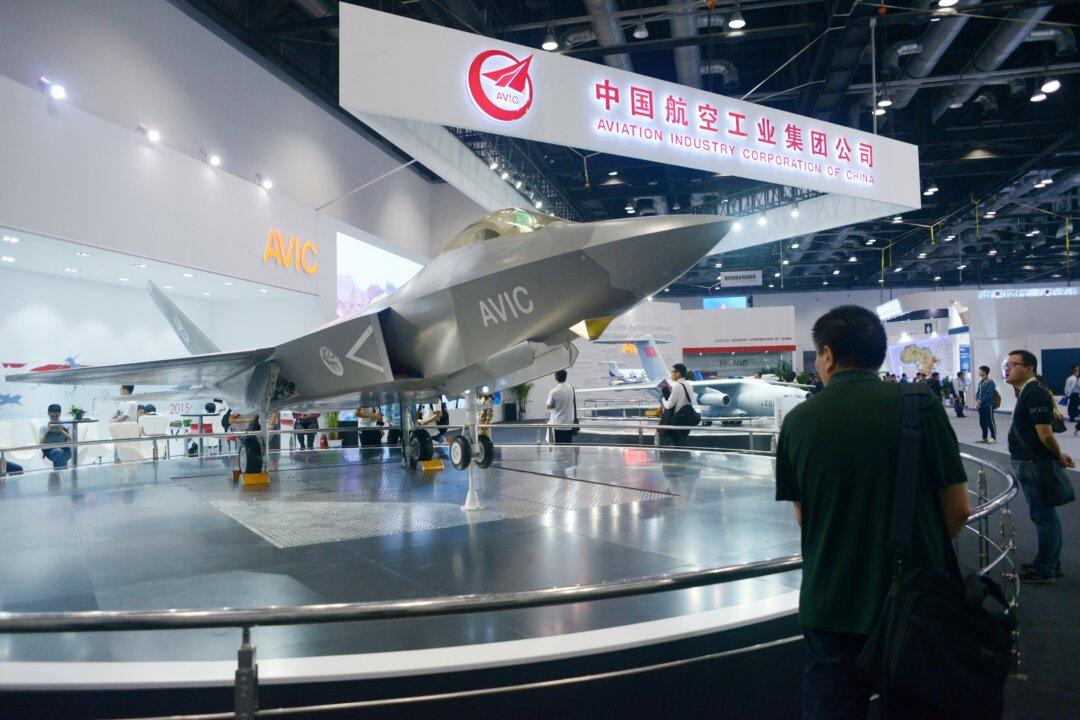Hundreds of millions of U.S. taxpayer dollars went to Chinese companies from the Paycheck Protection Program (PPP), which was designed to help small businesses survive during the pandemic, according to a new report.
A review of public PPP loan data by consultancy firm Horizon Advisory found that $192 million to $419 million in loans were given to more than 125 Chinese-owned or -invested companies operating in the United States. Many of the loans were substantial, with at least 32 Chinese-owned firms receiving more than $1 million under the program, totaling between $85 million and $180 million, it found.





